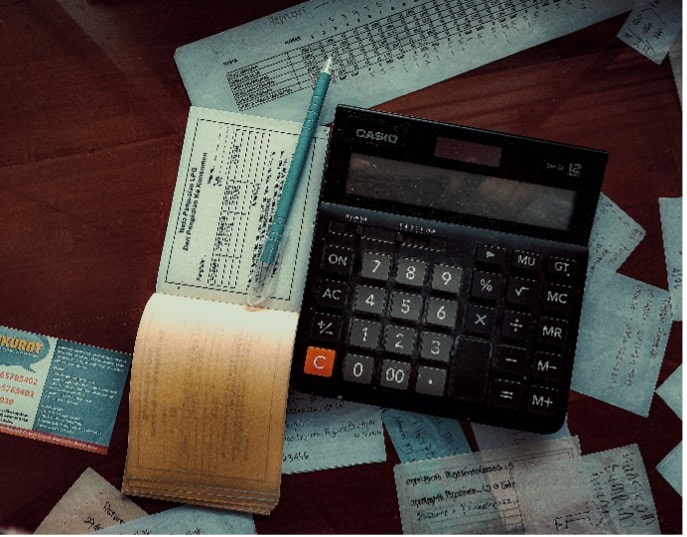There are lots of rules of thumbs out there that you are supposed to use when analyzing if a particular property is a good investment. While some of them are worthwhile, you should first ask yourself what would make this a good investment for you and your situation. If you invest in real estate, how would this compare with other investments? For example, the stock market, crypto currency, mortgage notes, and bonds. The list goes on and on. What would be the rate of return in these investments vs. the amount of risk and the amount of your personal time that would be needed. Once you define what return you would need to make it worth it, then you need to analyze the particular property to see if it will meet your return requirements.
There are companies out there that are willing to do the math for you to show you what your rate of return would be. However, if a few of these numbers are tweaked in the wrong way, you can go from a 15-20% return to losing money. So again, putting together your own estimate that you feel is truly taking into consideration all costs is very important.
We see investors making mistakes all the time by not analyzing ALL costs of owning property and then are discouraged when they are losing money, or not making near what they expected.
Here is an example of the costs to consider when analyzing your investment property.
- Interest on loan to purchase property
- Property Taxes (In the state of Indiana we recommend using 2% of the purchase price for annual taxes)
- Homeowner’s insurance
- Vacancy (we recommend 8% of the gross rent)
- Maintenance (we recommend 10% of the gross rent)
- Capital Expenditure (we recommend 8% of the gross rent IF NO major renovations are planned in the next 3 years)
- Management fee (we recommend 10% of the gross rent if using a mgmt. company)
- Utilities paid by owner (if the home is a double the home may not be metered separately make sure you confirm this before purchasing so you know accurate numbers)
- HOA dues paid by owner
- Garbage removal paid by owner
You will have fixed expenses and variable expenses. The fixes ones are easy to estimate. The variable ones are what can cause trouble. If you are looking at the fixed expenses and net 200 per month, what happens when you must put in a new water heater that costs 800? There goes 4 months of profit out the window. If you estimate the variable expenses on the high side and they come in lower, great! You are ahead and didn’t lose anything. If you estimate them on the low side and they come in higher, the home may not be as good of an investment as you originally thought.
Other things to consider when investing in real estate besides monthly cash flow are:
- Depreciation income tax write off
- Appreciation on the property over time
- Principal payoff if you have an outstanding loan
Whether you are looking to buy your first investment property or own several already. We are here to assist you to make sure your next purchase is a good one! Contact us today! 317-546-3482 or email info@midwestpmi.com



